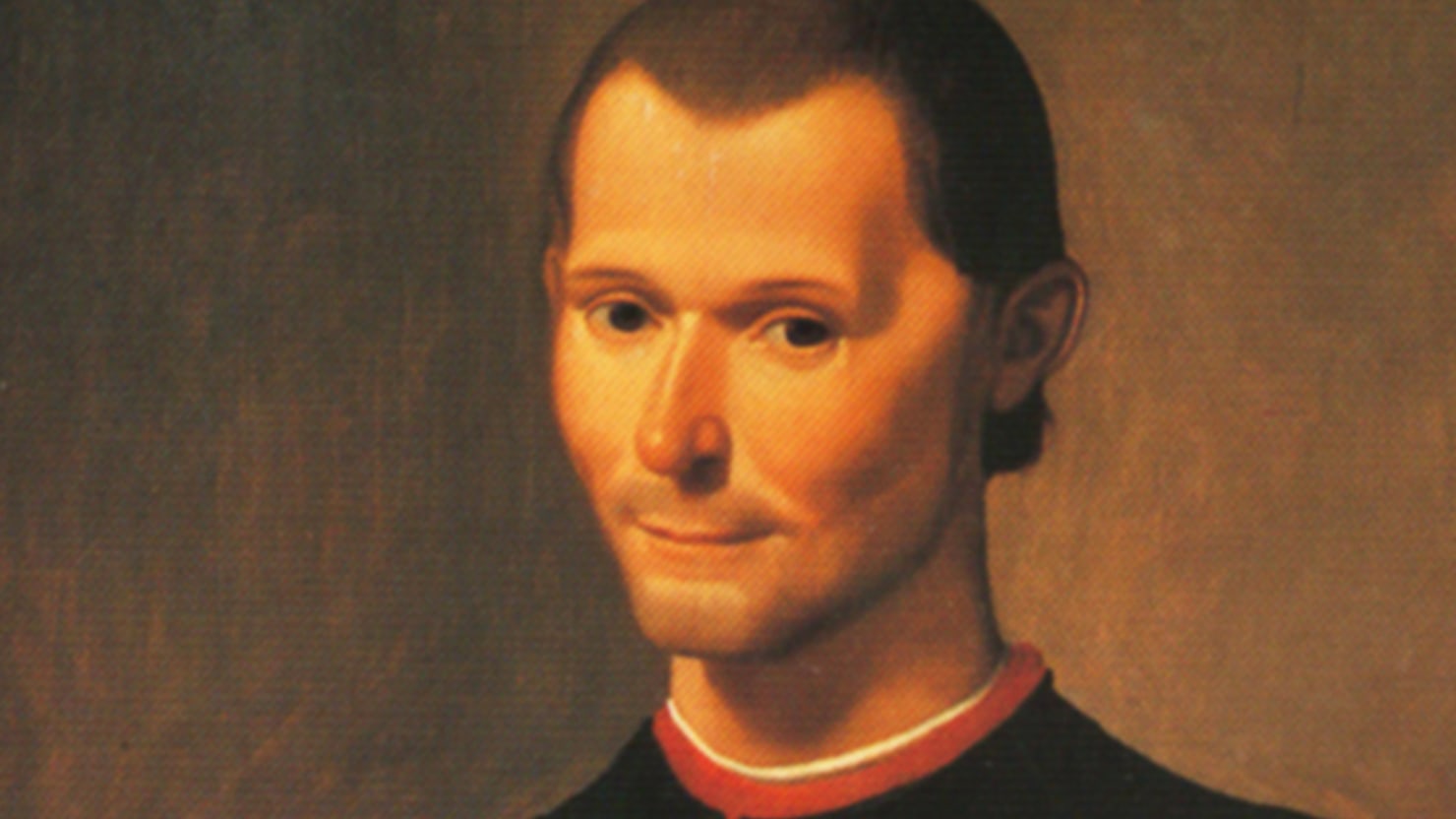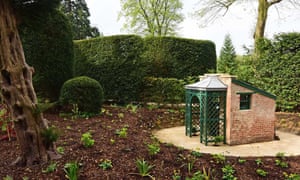via 3 Quarks Daily: Erica Benner in The Daily Beast

Wikimedia Commons
In the winter of 1538, an Englishman living in Italy travelled to Florence. Cardinal Reginald Pole was a devout adherent of the Church of Rome at a time when the English Reformation threatened to tear the Church apart. He had fled into self-imposed exile from his native shores after opposing King Henry VIII’s divorce from Catherine of Aragon, and settled in Italy. Along with his other business in Florence, Pole had a personal mission. About a decade before this journey, he’d had a conversation with Thomas Cromwell, a man of low origins who now served as the king’s most intimate counsellor. Cromwell had stopped at nothing – or so it seemed to Pole – to indulge Henry’s lusts and blasphemies.
Continue reading
=============================
via the Guardian by Maev Kennedy

The little brick pavilion housing the earth closet toilet has been returned to its former glory at Brodsworth Hall. Photograph: Anthony Chappel-Ross/English Her/PA
A historic view with a loo has been recreated, with the rescue and restoration of a Victorian outdoor toilet in the gardens of Brodsworth Hall in South Yorkshire. The toilet, described as “a rare surviving example of a gentrified decorate garden privy”, is a far rarer survival than the listed mansion itself
Continue reading
=============================
Ernest Hemingway and Ezra Pound’s friendship spanned continents — and ideologies.
via Arts & Letters Daily: Allen Mendenhall in The American Conservative

Michael Hogue
Ernest Hemingway, fresh off his marriage to Hadley Richardson, his first wife, arrived in Paris in 1921. Paris was a playground for writers and artists, offering respite from the radical politics spreading across Europe. Sherwood Anderson supplied Hemingway with a letter of introduction to Ezra Pound. The two litterateurs met at Sylvia Beach’s bookshop and struck up a friendship that would shape the world of letters.
Continue reading
=============================
via Interesting Literature
The greatest poems by Edward Lear
Although he’s well-known as a pioneer of the poetic form known as the limerick, Edward Lear (1812-88) wrote a number of other classic poems which are among the finest examples of ‘nonsense verse’. Here are five of Edward Lear’s best poems, along with some information about each of them.
Continue reading
No, this is not in the interesting literature blog but I remember singing along to this as a youngster and could not resist the temptation to find it on YouTube!
=============================
via The National Archives Blog by Benjamin Trowbridge
In 1367 an Anglo-Gascon army led by Prince Edward of Woodstock, also known as the Black Prince, shattered a Franco-Castilian force near the town of Najera in Spain. This victory highlights a forgotten Iberian dimension to the Hundred Years’ War, and provides another example of Prince Edward’s reputation as an astute military commander.
Anglo-French rivalry had irresistibly spread to the Iberian Peninsula during the 1360s. The two kingdoms were tenuously at peace but political rivalry continued unabated, especially in the Iberian kingdom of Castile, which was divided by civil war. Castile became a new battleground for English and French ambitions, with both sides backing rival contenders to secure the friendship and resources of the largest of the Christian kingdoms in Iberia.
Continue reading
=============================
via 3 Quarks Daily: Robinson Meyer in The Atlantic

January 29, 1912, was a beautiful day in Antarctica. A group of British explorers, led by a 37-year-old Victor Campbell, were on a cheerful journey across what we now call the Nansen Ice Shelf and Priestley Glacier. It was a kind of summer sojourn around the continent: They would make the first maps of the area, then rendezvous with their ship, Terra Nova, six weeks later.
Continue reading
=============================
via Big Think by Philip Perry
The Heiltsuk Nation are indigenous Canadians whose ancestors once controlled 6,000 sq. miles (approx. 16,000 sq. km) of coastline in what is now British Columbia. Heiltsuk is also a language family, much like Latin is the root to Italian, Portuguese, and Romanian. Those among the Heiltsuk Nation today were formerly known as the Bella Bella band (an Anglo mistake for what was actually a geographical feature).
Continue reading
=============================
via Boing Boing by Carla Sinclair

A boy shows us how to unlock his amazing Lego safe. Like a puzzle box, he has to push, pull and slide different pieces, some which give him keys to unlock other parts of the safe, until he finally unlocks the last hidden slide-out box that stores his paper money.
Continue reading (and watching)
=============================
via 3 Quarks Daily: Cecile Alduy at berfrois

Babies are usually the stuff of private life, clichés, and endearing memories that we check out as we set foot on campus grounds. Yet babies are the greatest – and arguably the cutest – hermeneutic subjects. We talk and teach about death, love, sexuality, gender, psychology, war, truth, the body, and yet we are excluding one of the most foundational of human experiences: being a mother or father; and being a baby.
Continue reading
=============================
On the trail of Henry VIII… in Italy
via The National Archives Blog by Catherine Fletcher
The divorce of Henry VIII from Catherine of Aragon is one of the great events of English history. When I first began researching this topic – and in particular the diplomacy behind it – over a decade ago, The National Archives were an obvious place to start. I soon realised, however, that many details of how Henry’s ambassadors went about their work were not to be found in the UK, but in archives across Europe.
No comments:
Post a Comment